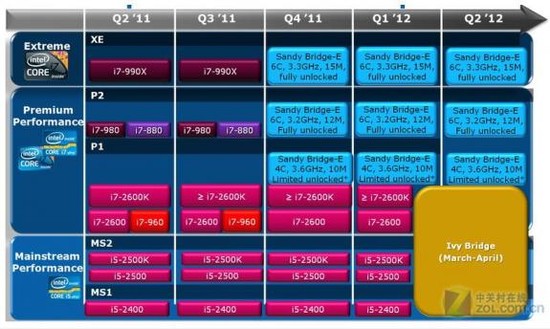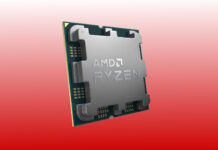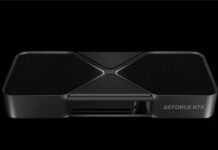Most motherboard manufacturers have officially stated that their motherboards with 6 series chipsets from Intel will support the coming 22nm Ivy Bridge processors. VR-Zone now reports that changes in UEFI can hinder the backwards compatibility with older motherboards.
The new problem has arisen from changes in UEFI that will hinder many of the older motherboards from even starting with Ivy Bridge. While the motherboards out today will have hardware support for Ivy Bridge and in theory be capable of using the new processors it could be impossible in practice.
The new version of UEFI can not be upgraded straight on the motherboard, but will need a clean installation, which means all code from previous UEFI versions has to be removed first. This is something that end-users or retailers can’t do, but only the motherboard makers.

On a motherboard with two BIOS circuits it could be possible if you first flash the secondary circuit and then the primary, but it is a process that the motherboard manufactuer has to enable since it once again is about removing all data from the BIOS circuit and then install the new code.
We have been in contact with Taiwanese motherboard manufactuers had it confirmed that the problem is with Intel’s implementation of UEFI. It has used a too small memory (16 Megabit) that forces you to rewrite the entire circuit when upgrading. The positive is that several motherboard manufacturers like ASUS, ASRock and MSI use UEFI flash circuits with twice the capacity – 32 Megabit. These circuits should be large enough to hold data for both Sandy Bridge and Ivy Bridge. Hopefully this is not a problem with retail boards. How Intel will handle it is another question.















